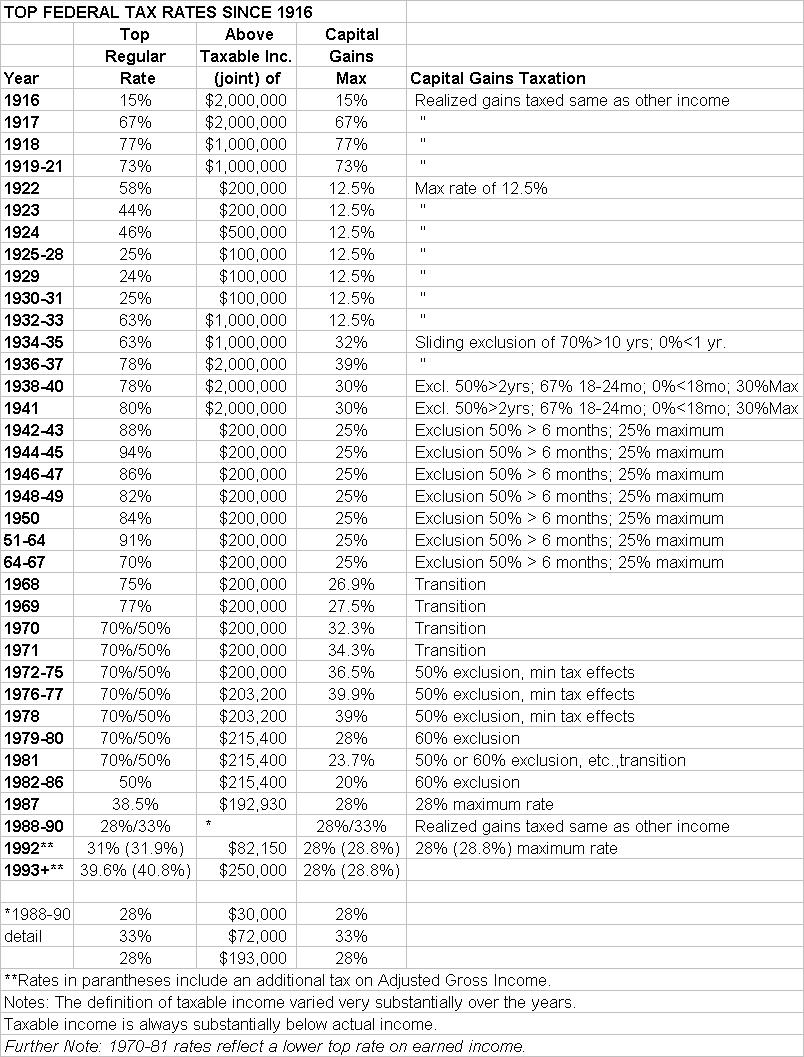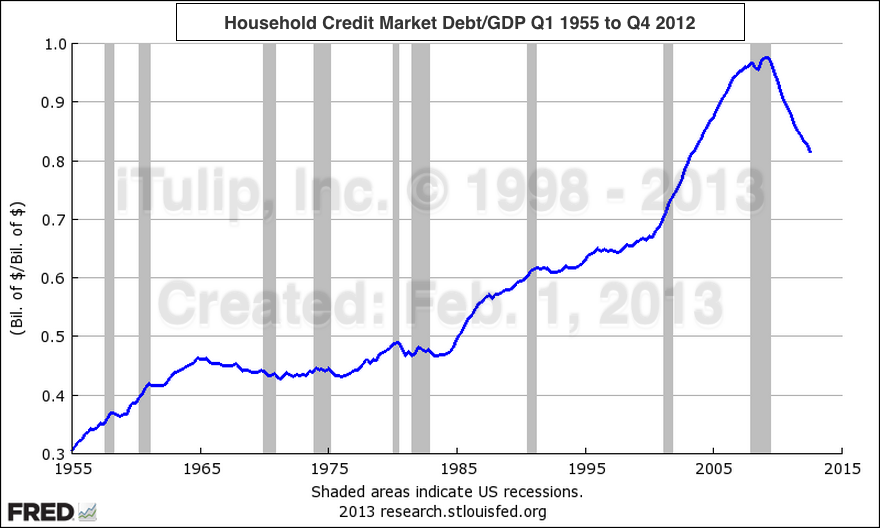Re: tax vs work hours in Asia, europe
One other related Idea. Akerloff investigated the effect of unemployment insurance, and found out that the more liberal it is, and the longer it lasts, the longer before unemployed people find another job.
Now that is not necessarily a bad thing, if it means they found a premium job they liked, verses taking the first thing sufficient to pay the rent. But it is a good example of how incentives change behavior.
If I could collect $2k/month indefinitely without working, I would just find a way to live on that and never work again, except when I wanted to.
Originally posted by bpwoods
View Post
Now that is not necessarily a bad thing, if it means they found a premium job they liked, verses taking the first thing sufficient to pay the rent. But it is a good example of how incentives change behavior.
If I could collect $2k/month indefinitely without working, I would just find a way to live on that and never work again, except when I wanted to.





Comment